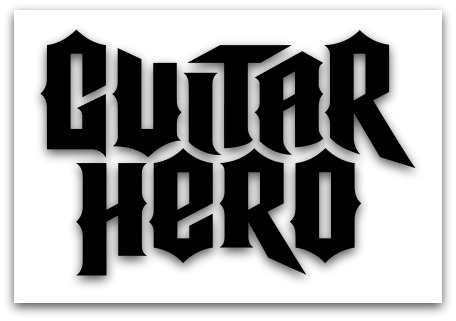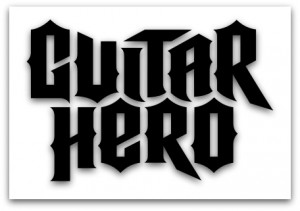After a long hiatus, the popular video game franchise is coming back. Here are some interesting facts about the game and its many spinoffs and competitors.
All of the different Guitar Hero games put together have sold 25 million copies, with a revenue of more than $2 billion. After Mario and the Madden NFL games, Guitar Hero is the third most successful video game franchise of all time…but all of its sales came between the years 2005 and 2010. The other two franchises amassed their success over decades.
- In 2009, Courtney Love—lead singer of Hole and widow of deceased Nirvana frontman Kurt Cobain—announced plans to sue Guitar Hero publisher Activision. She allowed Cobain’s image to be used as a “playable character” in Guitar Hero. She assumed that Cobain could be used only on Nirvana songs, but he wasn’t. Result: Love became enraged when she saw YouTube videos of Guitar Hero gamers using Cobain to play decidedly un-Cobain songs by artists like Bon Jovi. (The suit was quietly settled out of court.)
- A handful of bands rocked so hard that they got their own Guitar Hero games, including Aerosmith, Metallica, and Van Halen.
- Blake Peebles was a really good Guitar Hero player. So good that in 2008, the 16-year-old convinced his parents to let him drop out of high school to become a professional Guitar Hero player. (There’s a circuit called Major League Gaming, where people compete in video games for cash and prizes.) He ultimately won the equivalent of about $1,000, and later finished high school and attended college.
- Activision competitor Electronic Arts responded to the success of Guitar Hero with its own game series called Rock Band. In that game, players didn’t just mimic playing the guitar along to famous songs—Rock Band offered bass guitar, drums, and vocals. Activision in turn expanded Guitar Hero into the similar Band Hero.
- The last game released in the series: DJ Hero. Instead of rock music and a plastic guitar, players replicated electronic music with a faux turntable setup.









